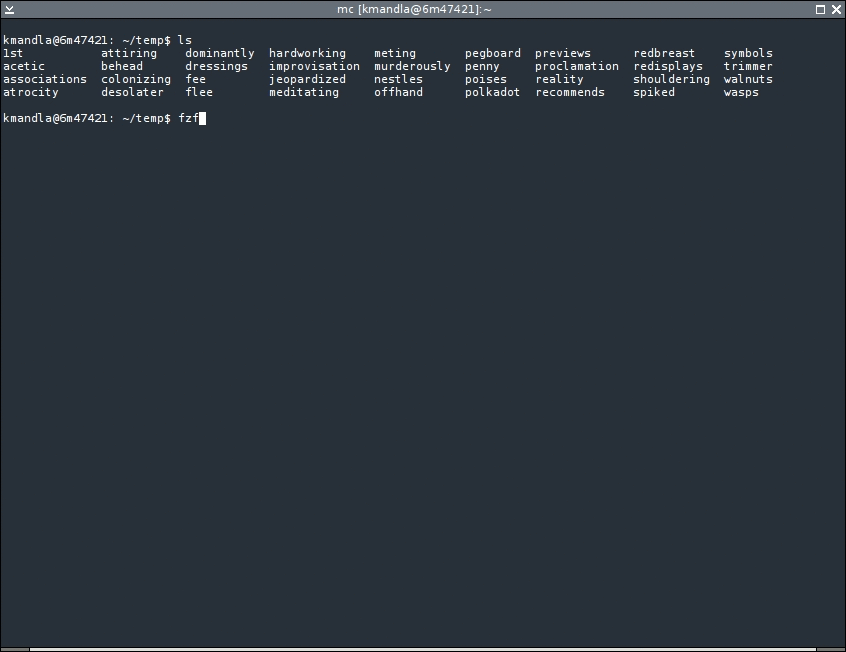Does the fuzzy_sorter satisfy your use case?
# = fuzzy_sorter: Sort the tree recursively based on fzy algorithm,
showing top score files. Space separated keywords
are treated as `and` which will be useful to narrow
down as you type. The file list is taken from fd
and other programs mentioned in `fuzzy_finder`.
`fuzzy_sorter_directory` can be used to show list
of directories instead.You can enable this like in the example here.

https://github.com/nvim-neo-tree/neo-tree.nvim/blob/2b2f74828eeb02cf29d6b21aa32eedadadc94ca7/lua/neo-tree/sources/filesystem/lib/filter_external.lua#L197-L201
The current file filter looks for contiguous blocks of text at the beginning of the path. It would be great if we could get fzf file filtering ala command-T. Seems like the work was started above.